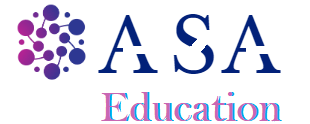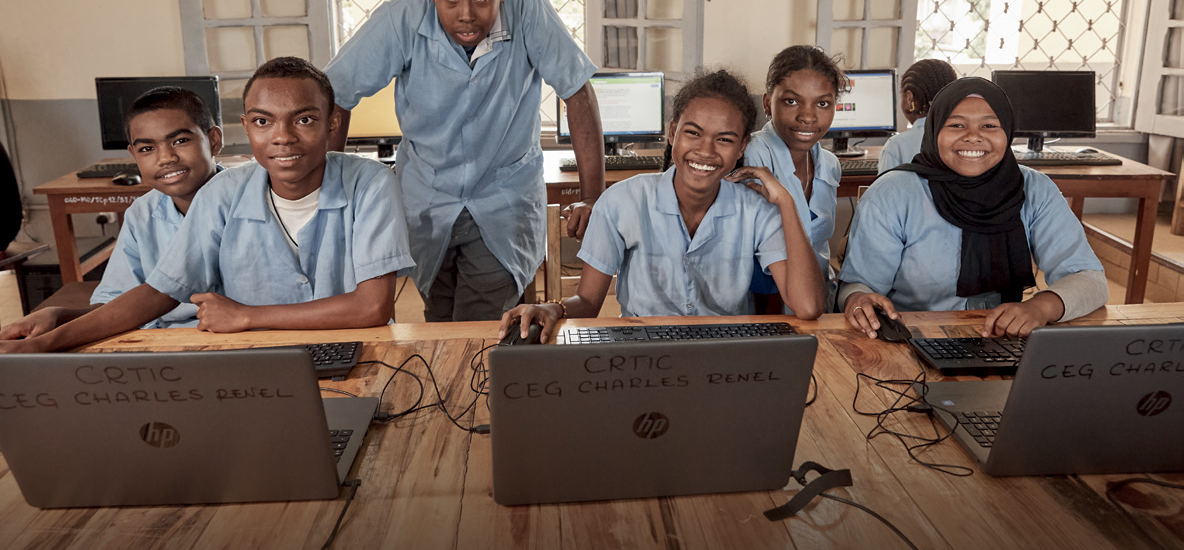Midway to the deadline for the 2030 education targets, the 2024 Gender Report publish on April 25 on Girls in ICT day (25 April) assesses the progress made towards achieving gender parity across all levels of education. While examples of stubborn exclusion remain, the report tells a positive story at the global level for girls’ access and education attainment over the past two decades.
The extent to which girls are encouraged and empowered to build on their mathematics skills in the early years to take them through to science, technology, engineering and mathematics (STEM) studies and ultimately careers is suggested as the key to ensuring that technological design will work for everyone in the future. The report posits that education has a critical role to play in determining whether the future direction that the digital transformation may take us in will be gender-balanced or not.
A companion to the 2023 GEM Report, A tool on whose terms?, this gender edition asks in what circumstances technology is helping with gender equality in education. While in some instances technology can provide a lifeline for girls otherwise altogether excluded from education, there remain gender divides in access to technology and acquisition of digital skills.
https://www.unesco.org/gem-report/en/2024genderreport
The under-representation of women in scientific fields is an obstacle to reducing pay inequalities between men and women. Numerous research studies have shown that the lack of parity in scientific careers explains a significant proportion of the pay gap observed between men and women with higher education qualifications. Taking an interest in the determinants of girls’ and boys’ career choices is therefore a central issue in public policies aimed at advancing professional equality between women and men.
https://pedagogie.ac-rennes.fr/sites/pedagogie.ac-rennes.fr/IMG/pdf/fg_et_sciences.pdf







